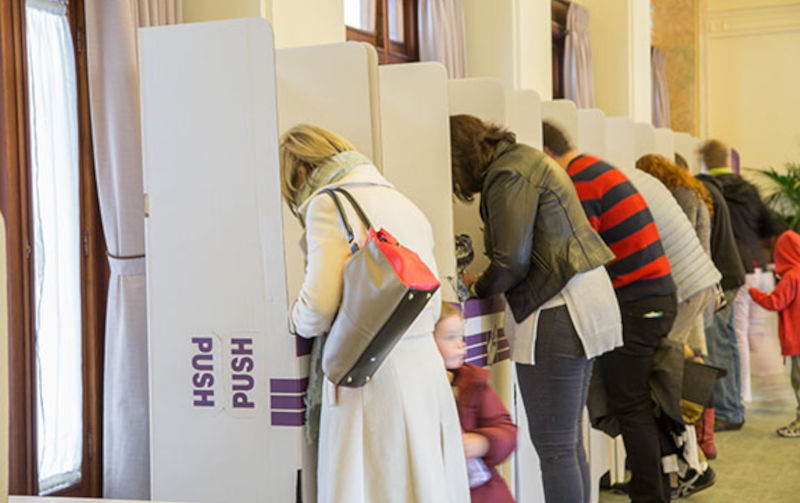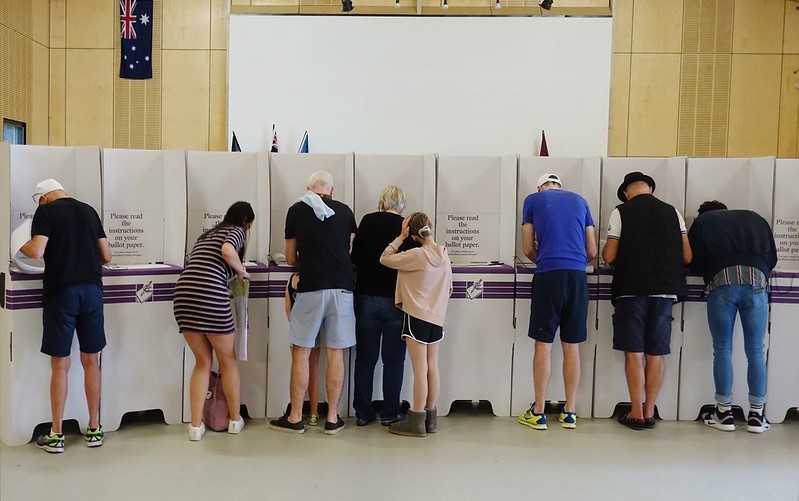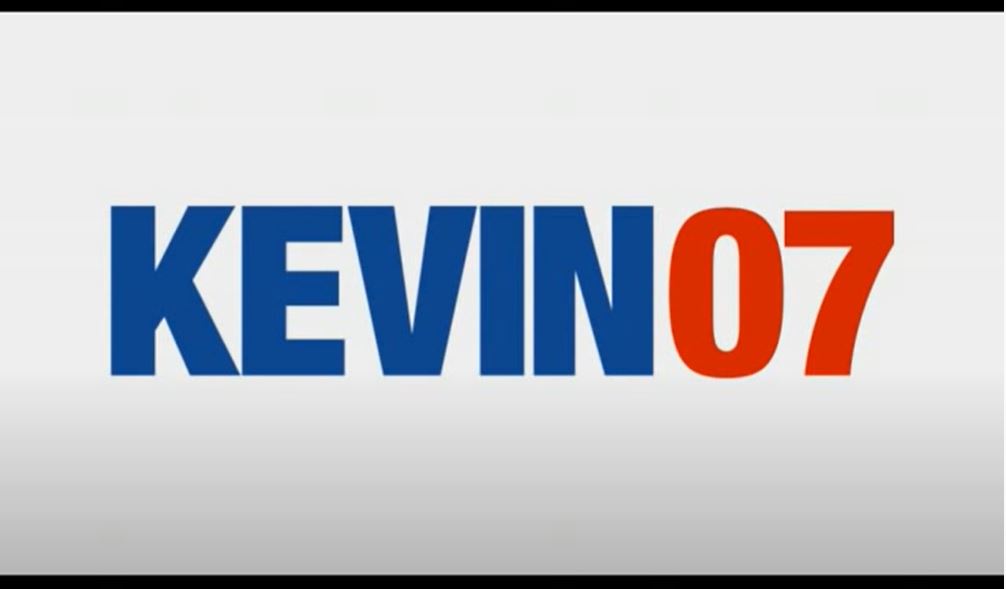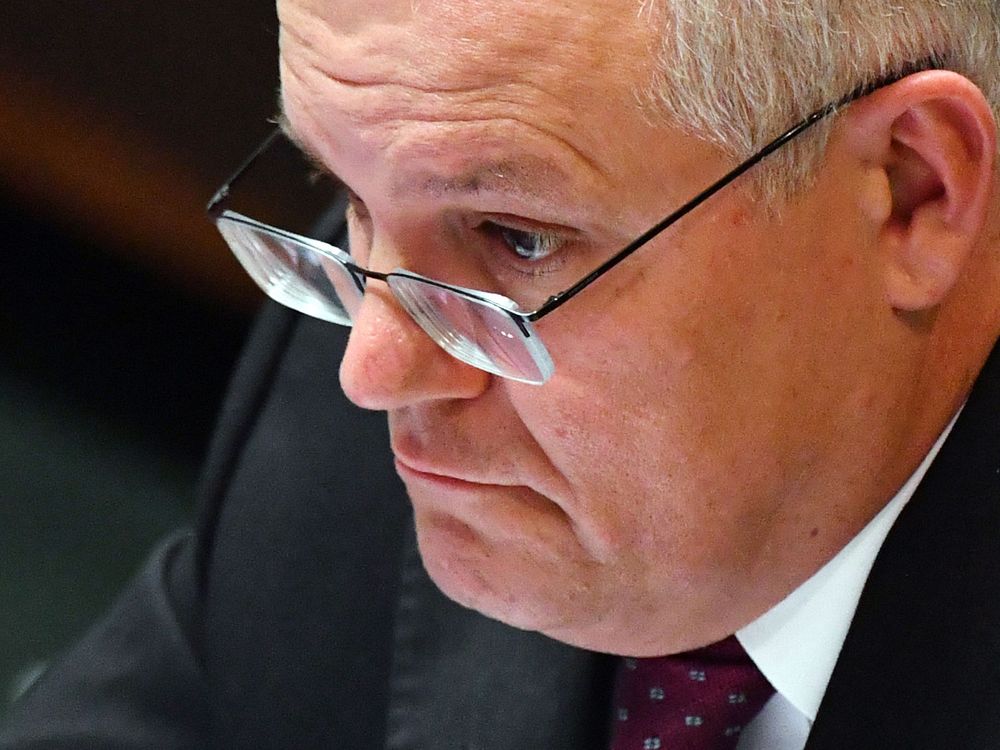The political decline of the Abbott government has been remarkable. No other federal government in recent history has fallen from favour so soon after an election, nor languished in the polls so intractably (consistently trailling Labor 47-53 for more than six months).
The question is: why?
There are at least two answers. The obvious one is political incompetence: in particular, the government’s blindness to the reality of its situation. By “its situation” I don’t just mean its challenging relationship with the Senate; I mean the fact that, like many oppositions coming to power, it had less to crow about than it was prepared to admit.
Forgive me if I repeat a well-worn argument: oppositions don’t win elections, governments lose them. If a government is doing reasonably well, we don’t throw it out. (In fact, we are so unwilling to change federal governments, we’ve only done it six times since 1949.) A government must be seen to be terminally incompetent, or worn out, before we replace it.
The Coalition came to power in 2013 courtesy of a deeply divided Labor government with a hopelessly discredited leader. The majority of voters did not want Tony Abbott as their prime minister, but their urge to thump Labor was overwhelming. Put bluntly, they voted for the Coalition because it was not Labor.
A smart leader, newly into office, would respect the implications of that. Be modest in your first-term goals, so you can take the people with you; let the voters learn to trust you; build consensus as a platform for your longer-term policy objectives.
Not this lot. Having promised “no surprises”, having foreshadowed a measured and steady approach, they went berserk: from the lunacy of knights and dames and the assault on welfare support for the young unemployed to Senator Brandis’s disastrous foray into the “bigotry” debate and Christopher Pyne’s unheralded proposals for new university fee-structures, they have kept the surprises coming. Worse, they claim a mandate for whatever they do, as if the electorate had pondered a long list of policy options and decided, on balance, that they preferred the Coalition’s over Labor’s.
All this is read by the voters as arrogance. And arrogance, in Australia, is the cardinal sin.
There’s a less obvious explanation for the government’s woes that runs even deeper than any of that: this is a government that appears to have lost its moral authority.
Moral authority is a subtle, nuanced thing: once lost, it is hard to win back. It’s partly a matter of whether the electorate trusts the leader and cabinet, and partly a question of whether the voters’ nobler nature is being appealed to. But moral authority is also a function of the moral tone of a government’s policies – especially its signature policies – and the way they affect its approach to government.
So which policies set this government’s moral tone?
No one could have failed to notice that “stop the boats” was, and remains, one of the signature policies of the Abbott government – right up there with repealing the carbon tax.
If “stop the boats” only meant “let’s find a way to stop people-smugglers from exploiting refugees as profit-fodder”, we could all sign up to that, though it’s obviously a regional challenge that calls for skilled diplomacy. But the slogan loses all its moral force when it is used as an excuse to brutalise legitimate asylum-seekers who are already here.
And it becomes even less defensible when it is used not only to imprison and abuse refugees seeking asylum in Australia, but to palm them off to countries far less well-equipped to absorb them than we are. (Cambodia? Are we serious?)
One of the most devious aspects of the government’s defence of its treatment of asylum-seekers is that “we are trying to stop people drowning at sea”. (Labor employed precisely the same sophistry.) If this were true, it would have resulted in a vigorous policy of air-and-sea rescue patrols committed to saving any refugees at risk of drowning. So the claim is self-evidently hypocritical.
That piece of silliness aside, “stop the boats” has become such a totemic, mesmeric slogan, it’s tempting to fall for the idea that the legitimacy of the policy has been established by its apparent success. Perhaps the government doesn’t realise that, even though it has persuaded many voters to support the policy, the grim reality of its execution was always bound to set alarm bells ringing in the national conscience. We know that dark deeds are being performed in our name that will eventually come back to bite us.
But the government’s loss of moral authority does not spring from just that one policy: the real problem is that when there is a moral black hole at the very centre of a government’s rationale (“the end justifies the means”), a more general moral laxity becomes possible.
This taps into an ancient issue: if a man betrays his wife, does that make it easier for him to betray his country? Does stealing once make stealing a second time more likely? Does every moral lapse make the next one easier?
Let’s see how the dominoes might fall in this case.
Once you have learnt to live with a policy that hits desperate refugees where it hurts most – denying them identity, dignity, freedom and hope – it becomes easier to be tough on your own poor, elderly, unemployed and marginalised. Thus, the inherent unfairness of the May budget can be traced to this malaise at the core of the government’s philosophy.
Similarly, once you ignore your international obligations regarding the treatment of asylum seekers, it becomes easier to ignore other obligations to the global community – like the need to decarbonise the economy by urgently ramping up our production of clean energy. Thus, the proposed scrapping of the Clean Energy Finance Corporation and the scaling back of the emissions target can also be linked to a general reluctance to accept moral responsibility (except when it comes to military support for the US in the Middle East).
In such a relaxed moral climate, it becomes easier to break promises. The long list of broken election promises, from pensions to ABC funding, is extraordinary even by the low standards of contemporary politics.
It’s not only easier to break promises, it’s also easier to be blithe about doing it. Once you’ve enshrined a Big Lie at the heart of your signature policy – insisting that “these people have come here illegally” when they most assuredly have not – other lies are easier, whether it’s the lie about school funding (“We’re on the same page as Labor”) or the lies that deny promises have been broken (“No, we haven’t broken our promise about superannuation …”).
The Abbott government might not yet fully appreciate the cumulative effect of all this on voter sentiment – an effect compounded, of course, by its extravagant pre-election posturing about integrity, probity, promise-keeping and “Labor’s lies”.
Any government can recover from political ineptitude, and the heightened terrorist threat and redeployment of troops in Iraq will probably lift this government’s stocks in the short term. But the loss of moral authority is an underlying problem that won’t go away, because it is a loss that diminishes us all.
Hugh Mackay’s new book ‘The Art of Belonging’ is published by Macmillan on 30 September 2014.




